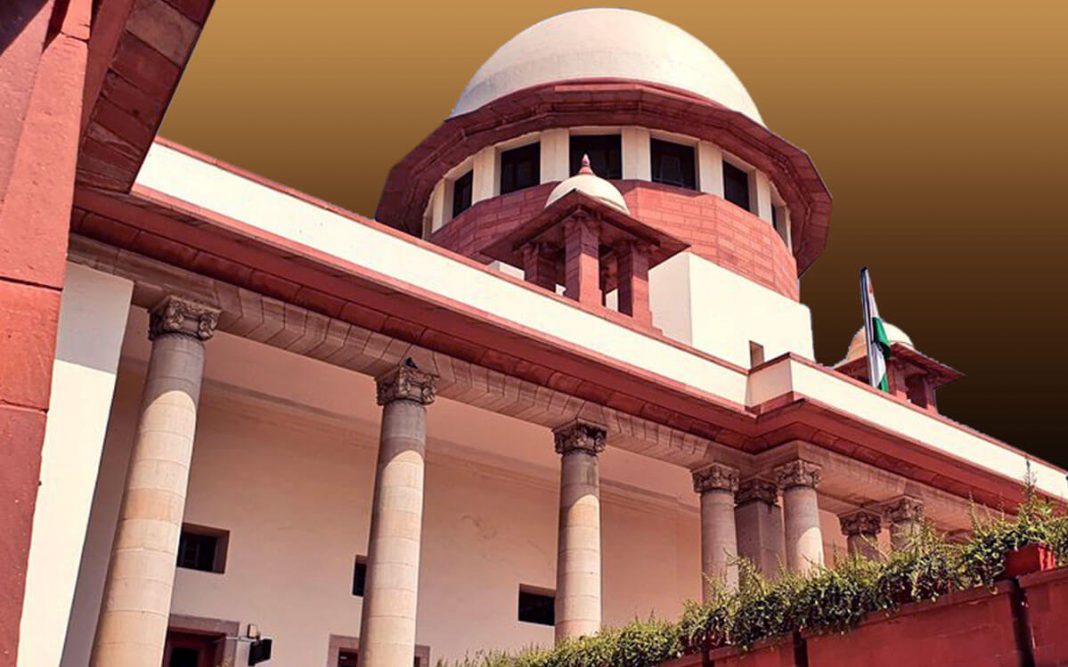A Public Interest Litigation has been filed in the Supreme Court seeking directions to the Union of India to constitute the Goods and Services Tax Appellate Tribunal New Delhi, on an utmost priority basis in the interest of justice.
The PIL has been filed by Advocate Amit Sahni and Preeti Singh is the Advocate On Record for the Petitioner.
According to the petition, the GST Bill introduced in 2016 passed both the houses of the Parliament, and from 1st July 2017, the Central Goods and Services Act came into force. Section 109 of the Act mandatesd the constitution of a GST Appellate Tribunal which is not constituted even after 4years of the Act being into existence.
It was submitted that by passing CGST (Ninth Removal of Difficulties) Order, 2019 dated 03.12.2019, the Government, on the recommendation of the GST Council, extended the limitation period to file an appeal against the order/direction passed by the Appellate/Revisional Authority from three months to the time till the President of the State President of the Appellate tribunal enters the office.
The Union Of India issued a notification thereby clarifying its stand regarding the non-constitution of the Appellate Tribunal. It cited the Judgement of the High court of Madras in the matter of “Revenue Bar Association v. UOI” WP No. 21147, 21148, and 14919 of 2018 as a reason for non-constitution of the GST Tribunal.
It is pertinent to mention here that the citizen aggrieved of the orders passed by Appellate/Revisional Authority, are constrained to approach respective High Court under 226 by way of Writ Petition in absence of Tribunal and the same is overburdening work of the High Courts as well, said the PIL.
Also Read: India cannot have 2 parallel legal systems, one for rich, other for poor: Supreme Court
The Petitioner urged that the constitution of National and other Benches of Appellate Tribunal under section 109 of the CGST Act, 2017 has become an absolute necessity of the hour and the Respondents cannot drag its constitution for an indefinite period.
Further, the period of limitation to file an appeal before the Tribunal (90 days) cannot be extended by way of an administrative order by the Respondent in contravention of statutory provisions and more particularly such extension cannot be given for an indefinite period, alleged the PIL.
“That is a plethora of cases this Hon’ble Court has held that Justice Delayed is Justice Denied. In absence of an Appellate Tribunal, the litigants are not able to get justice within a reasonable period and the same is causing extreme hardship to the litigants across the country”, the PIL read.


